
AeroGenie — Seu copiloto inteligente.
Tendências
Categories
Technical Issue Investigated Hours Before Air India Crash Over Pilot Control of Switch
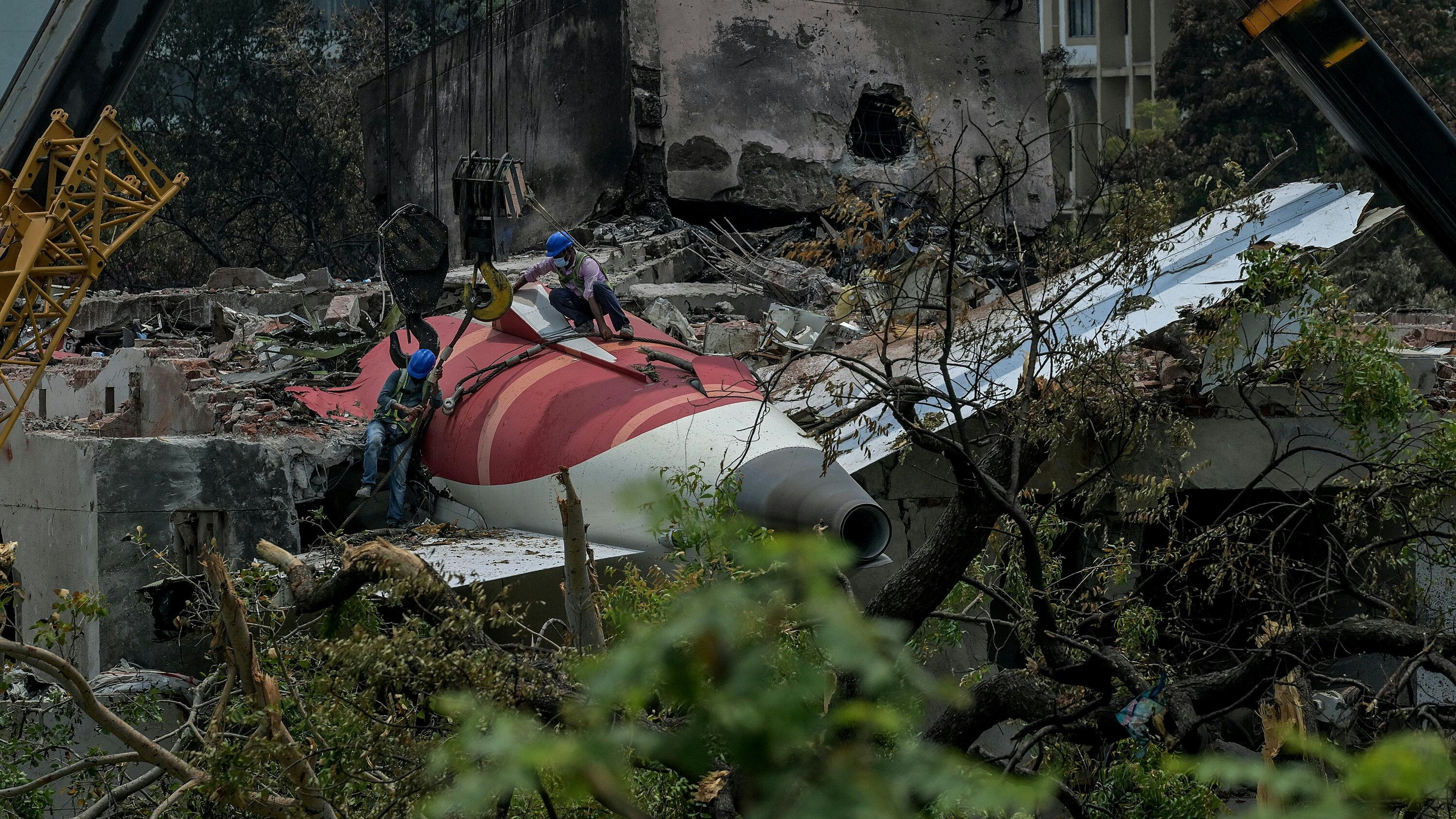
Technical Issue Investigated Hours Before Air India Crash Amid Pilot Control and Safety Concerns
Investigators probing the Air India crash on June 12 are concentrating on a series of electrical and software malfunctions that may have caused “un-commanded” cockpit actions, particularly involving the engine fuel cutoff switches. According to an official familiar with the inquiry, the investigation seeks to determine whether an “un-commanded transition” of the fuel control switches to the cut-off position occurred seconds after takeoff.
The aircraft crashed less than a minute after departing Ahmedabad en route to London Gatwick, resulting in the deaths of all 260 people on board. Notably, hours before the fatal flight, a pilot operating the same plane from Delhi to Ahmedabad reported a ‘Stabilizer Position Transducer Defect’ in the technical log. This sensor, which governs the aircraft’s pitch by transmitting electrical signals to the flight control system, is vital for ensuring accurate responses to pilot inputs.
Engineering staff addressed the malfunction following Boeing’s prescribed procedures. While the Stabilizer Position Transducer defect is a critical issue capable of causing incorrect flight control responses, including unintended fuel cut-off signals, the official stated it has not been identified as the direct cause of the crash. Nonetheless, investigators are exploring whether it contributed to a broader sensor failure.
Aircraft’s Technical History and Ongoing Investigation
The aircraft’s maintenance records reveal a pattern of technical issues in the weeks preceding the crash. The plane experienced at least two other incidents: an electrical fault that led to a flight cancellation and a false fuel system warning. On December 12, 2024, the same AI-171 flight was grounded due to a major electrical failure, only departing the following day after repairs were completed. Additionally, in 2015, the aircraft made an emergency landing following a Cabin Air Compressor surge, a known problem affecting Boeing 787-8 Dreamliners.
Investigators are meticulously analyzing flight data and technical logs to trace the sequence of errors and evaluate the condition of the aircraft’s electrical and software systems. This includes a comprehensive review of maintenance records and recurring malfunctions throughout the aircraft’s operational life.
The crash has intensified scrutiny of Air India’s pilot training and cockpit procedures, with regulators examining the airline’s adherence to safety directives. Industry experts highlight that confusion surrounding the operation of engine fuel cutoff switches remains a central focus of the investigation, raising concerns about both technical reliability and crew response protocols.
The incident has also had wider repercussions. Air India’s stock price has come under pressure amid adverse publicity, while competitors have responded by launching enhanced safety audits and pilot training programs to reassure passengers and distance themselves from the controversy.
As families of the victims await answers, the investigation continues to explore both technical and operational factors behind the tragedy, with particular attention to the interaction between aircraft systems, pilot actions, and airline safety culture.
Comments
- P
Peter Wright
The line above: "While the Stabilizer Position Transducer defect is a critical issue capable of causing incorrect flight control responses, including unintended fuel cut-off signals, the official stated it has not been identified as the direct cause of the crash." concurs with my own personal assessment. The Transducer fault was reported and an engineer reviewed it but the period of inspection was short. The plane was released back into service within 47 minutes of landing when an engineer had to be called to plane and go to the site within the plane and then to review the issue raised. Nothing is reported on the findings or remedy. A frightening possibility I perceive is that the Pitch Transducer involved appeared to perform properly BUT the plane was horizontal . There is no mention of redundancy where a vote is taken by computer controls of, say, 2 to 1 out of 3. I'm not an avionics engineer, but this looks like a single input device, not unlike the original past single input Pitot tube situations. My eyebrows raised considerably when it was reported that the fuel supply to both engines was cut off immediately upon take off, wheels up. This was the FIRST moment when the PITCH of the airframe CHANGED. The Pitch Transducer that was reported faulty was the last item to be reviewed by engineers and according to the lines quoted above, does have the capacity to auto cutoff the fuel supply. It is supposed to be an input on tail attitude to the computer control system, but if a wrong input signal was interpreted as a landing situation then the wrong sequence was engaged and an auto fuel cutoff was engaged due to the pitch change. As far as I could see from the video of the flight, the trigger for the event was the takeoff itself. The plane appeared to veer left but was quickly corrected . The event looked like it was the beginning of a stall which would be inevitable with a loss of power. Supposing that the sensor input was the cause of the fuel cutoff, then after FADEC restarted the engines, a change in pitch to raise the nose would repeat the auto fuel cutoff. There is no mention of the 'official's' name above. The information that the component could cause a fuel cutoff is devastating, if true.
- S
shahadut
Hi, This tragedy underscores how vital it is to address recurring technical issues and ensure pilots are fully trained to manage complex system failures. If early warnings were missed or insufficiently resolved, accountability is essential. Let’s hope the investigation leads to systemic improvements—not just for Air India, but across the aviation industry. https://insuredirect.com/general-liability-insurance/
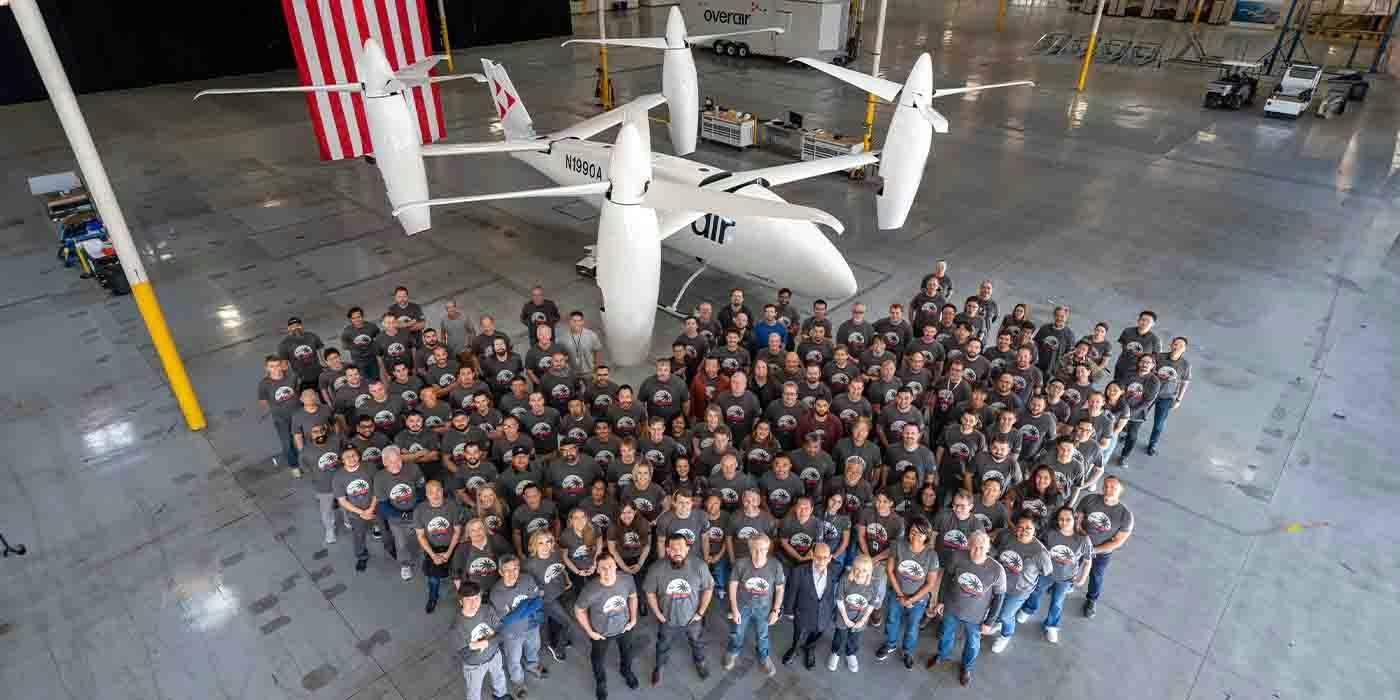
Unique mixed-propulsion eVTOL completes transition flight testing
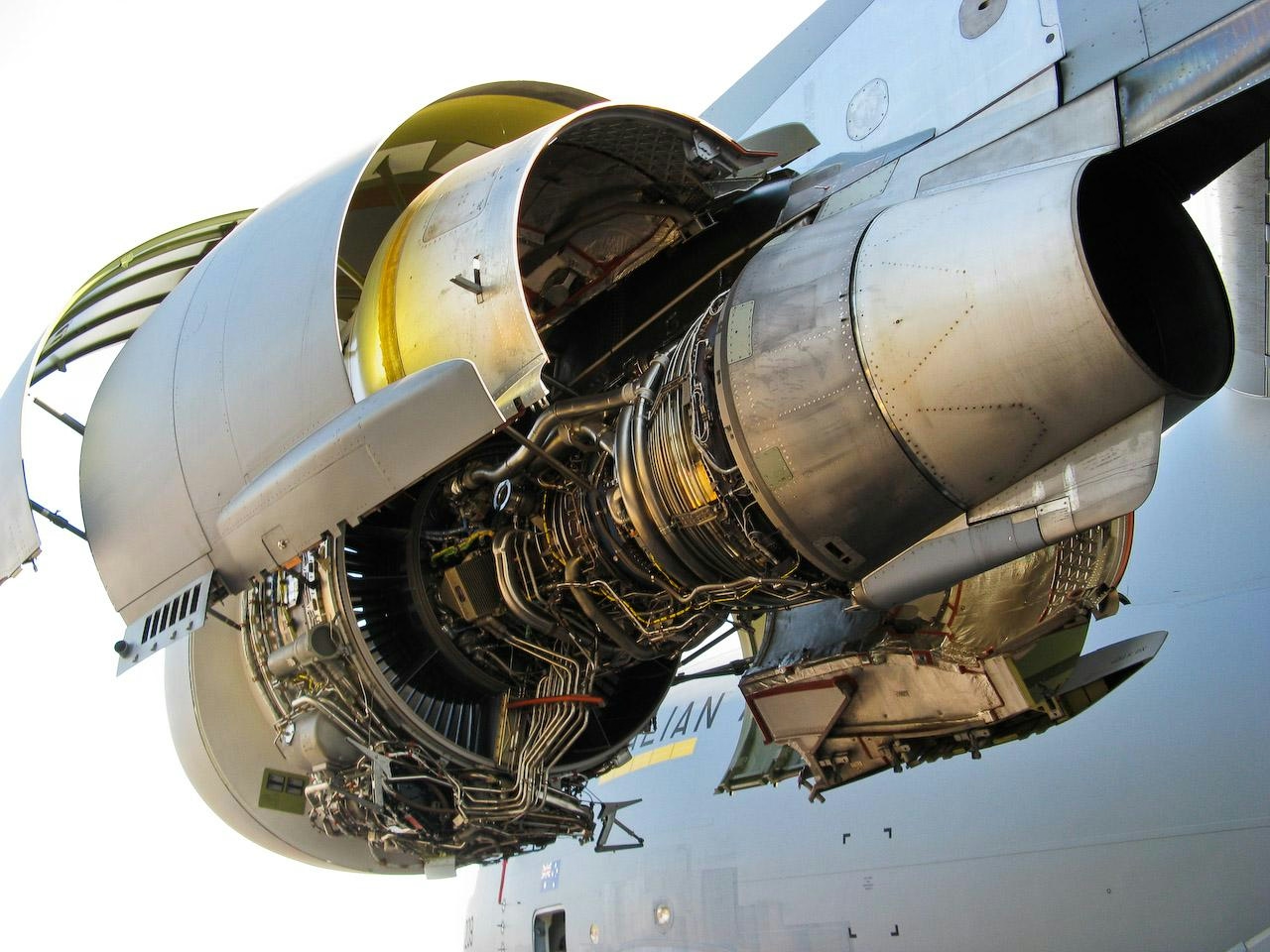
Are C-17 Globemaster Engines Derived from Boeing 757?
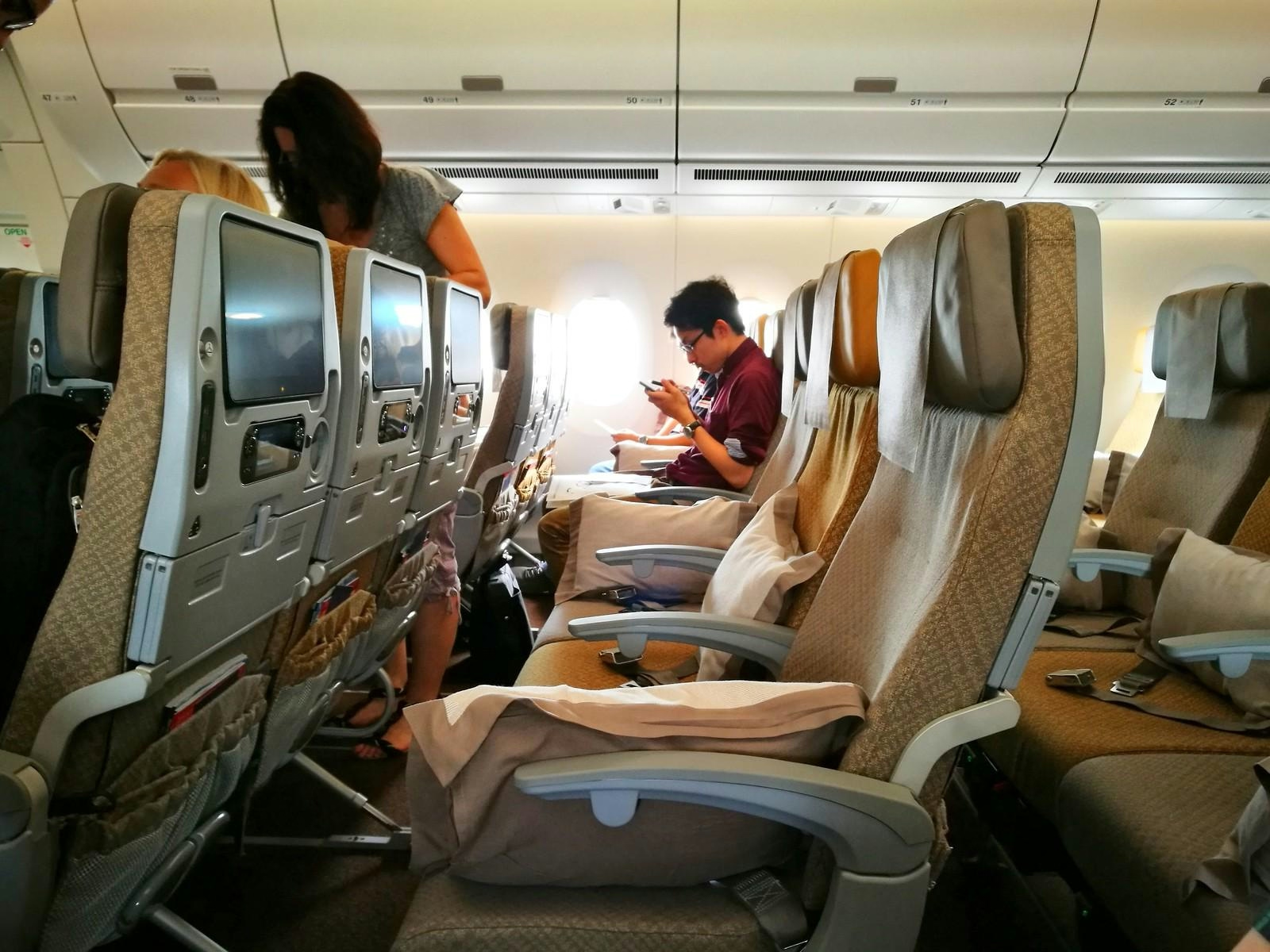
Why the Airbus A350’s Cabin Is Quieter Than Other Aircraft
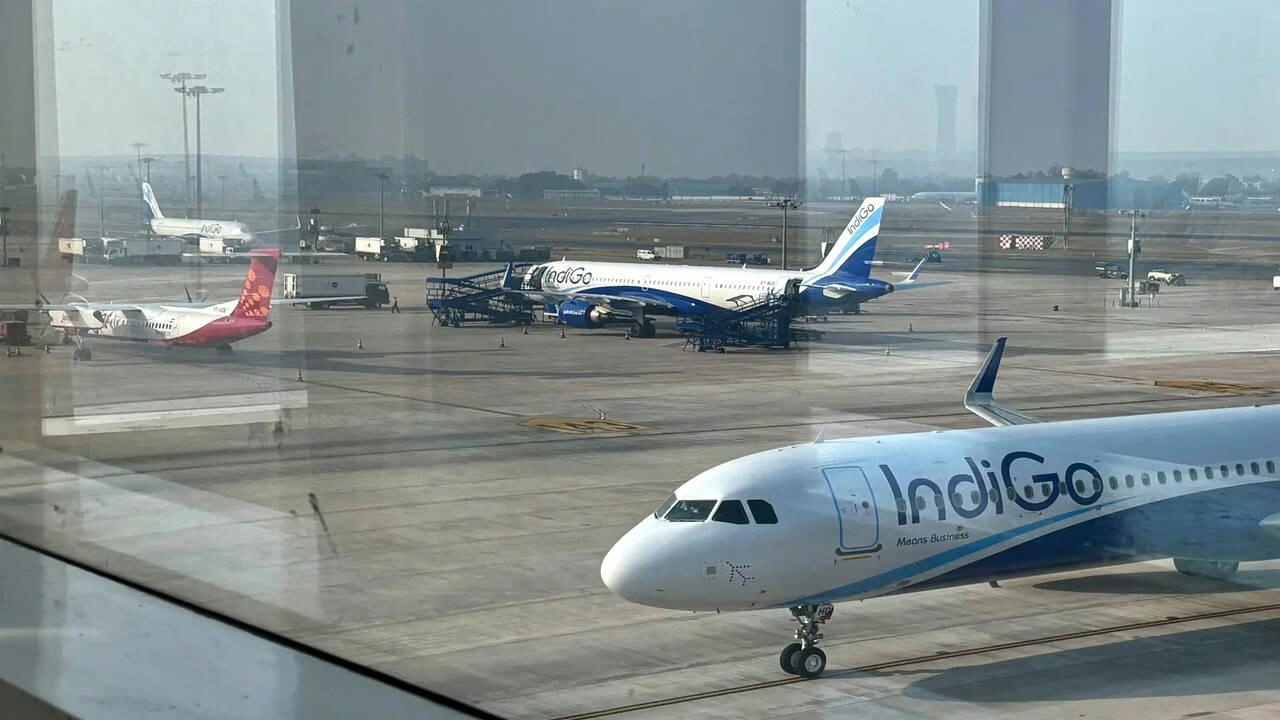
AI and AI Express Plan to Increase Capacity Amid IndiGo Flight Disruptions
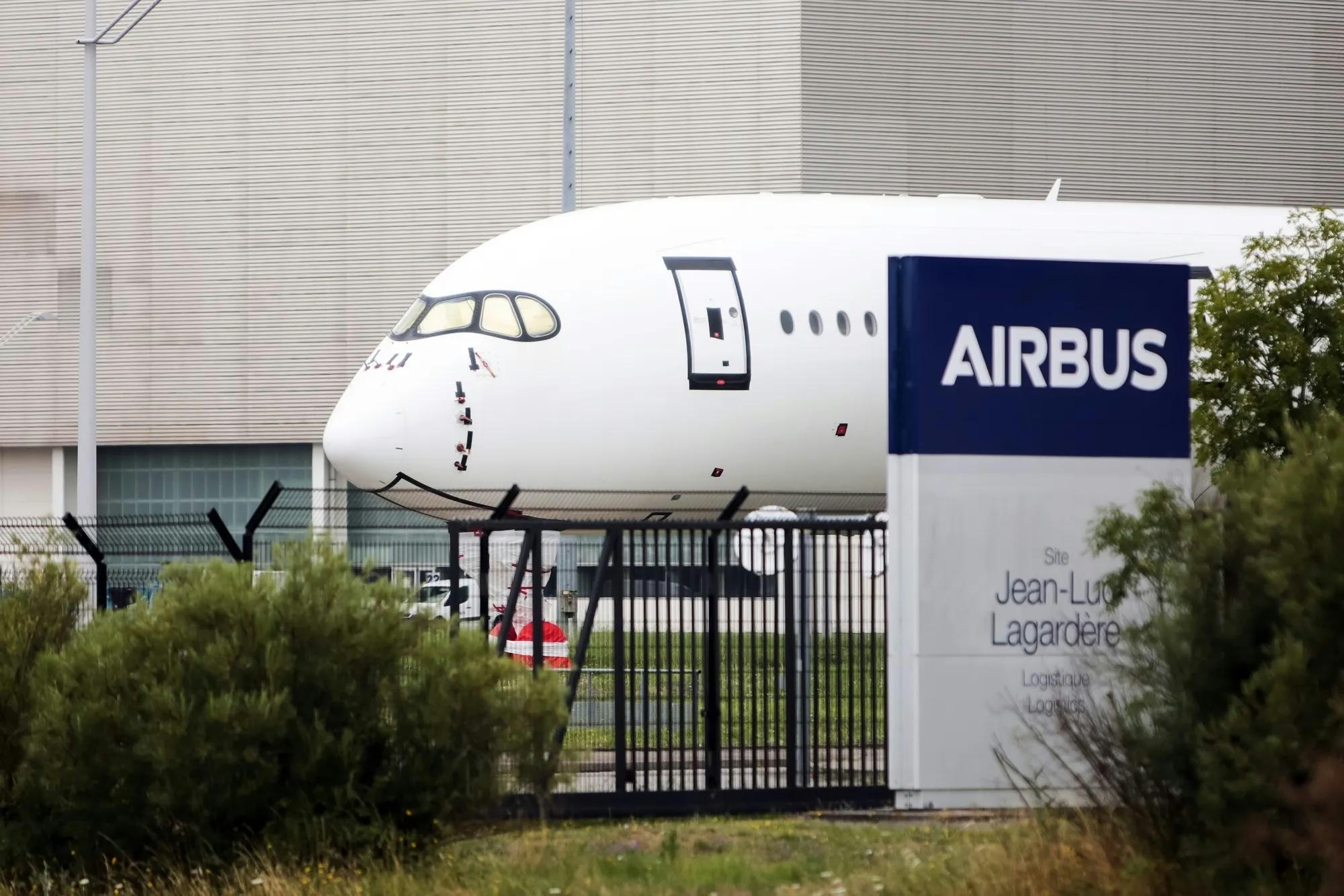
Kazakhstan and France Agree on Airbus Aircraft Deliveries
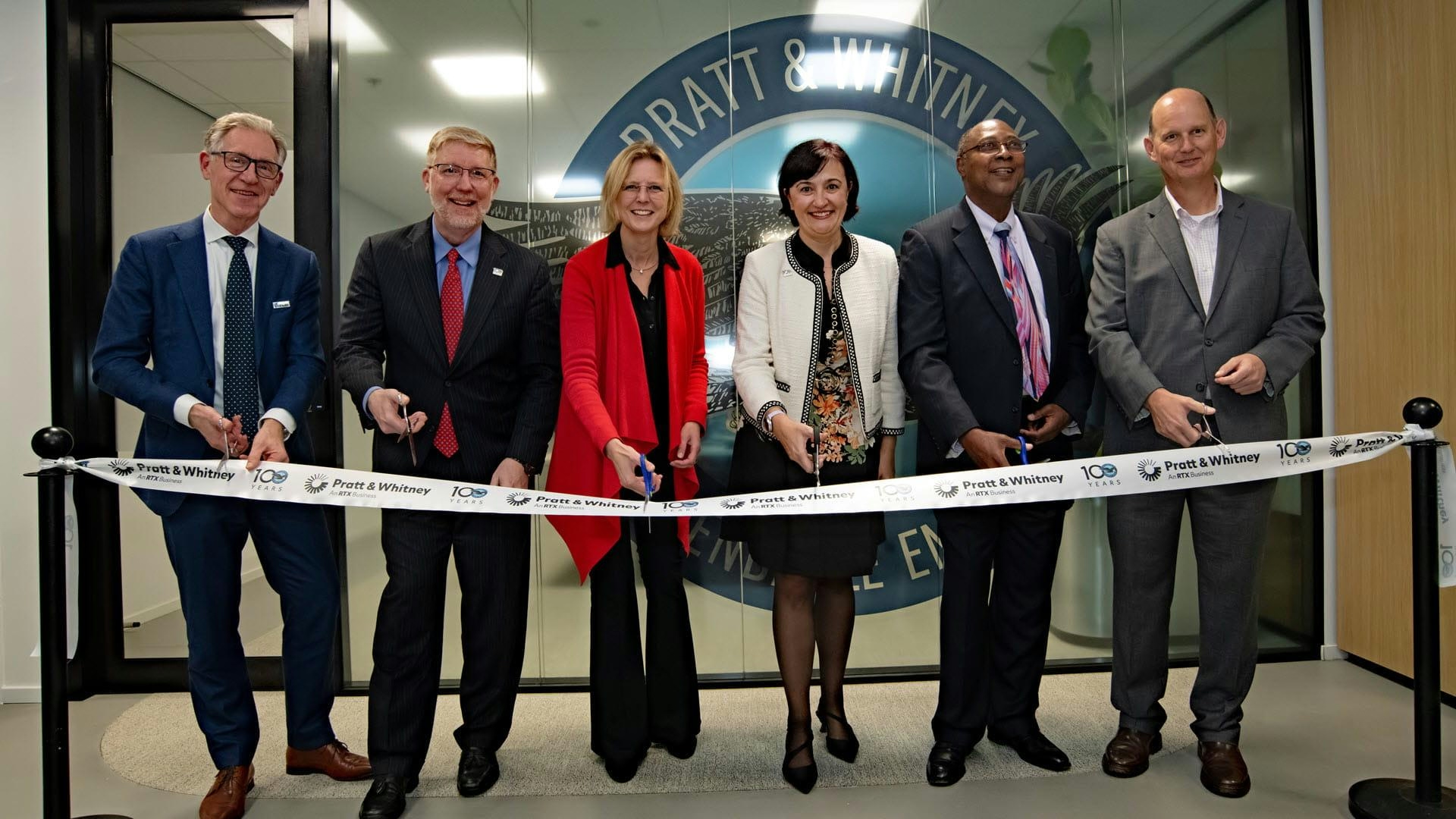
Europe’s Emerging Talent Drives Aviation Innovation
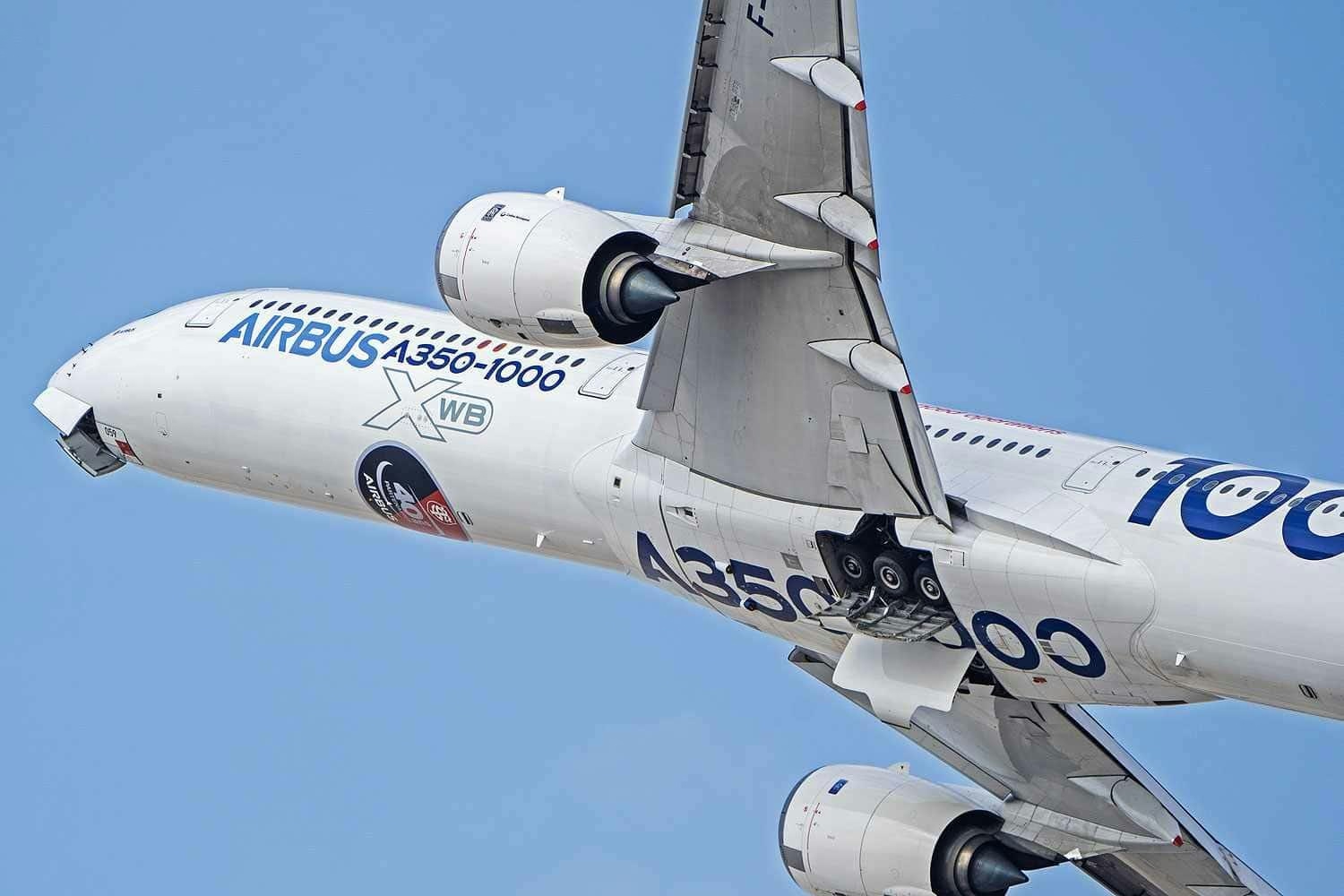
Airbus Receives New Order for A350-1000

The Leading Widebody Aircraft in Service Today
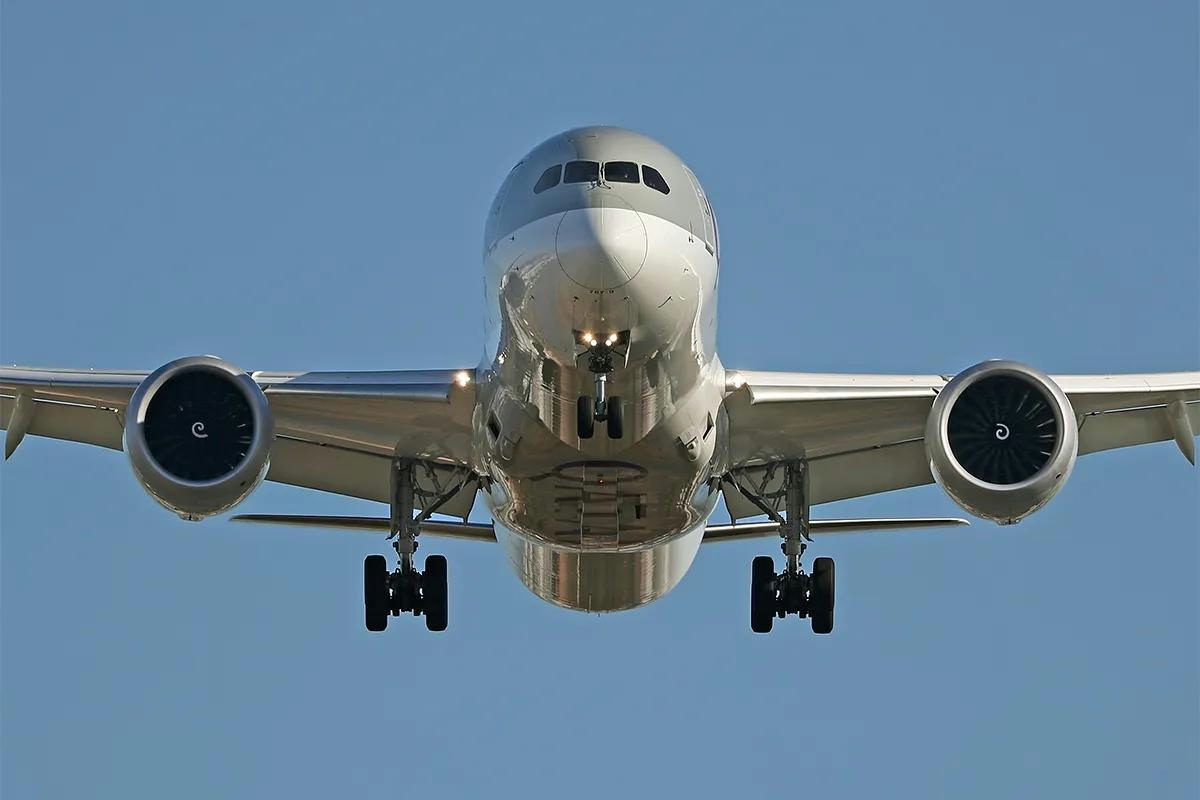
The Fastest Boeing Jet Currently in Service
